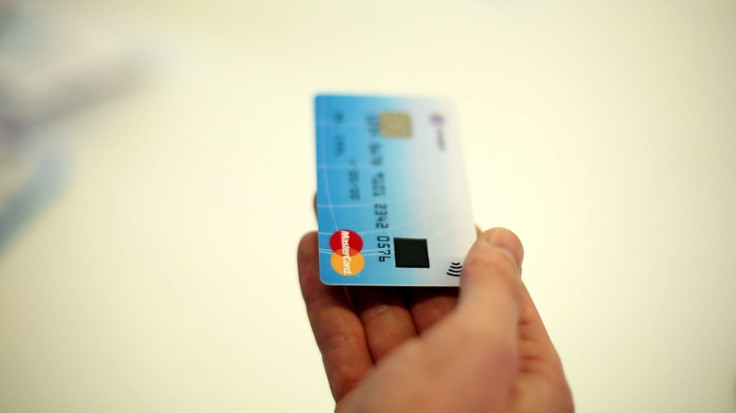Cashless payments will overtake notes and coins 'within weeks'

Credit cards and cashless payments will overtake banknotes and coins as the dominant payment system "within weeks", according to a new study.
Analysis by The Times found that at the current rate, cash payments are falling and cashless payments are rising, the switch will take place on 8 March.
"We anticipate this year to be the first year that non-cash transaction volumes overtake cash transactions," said Mark Bowerman, communications manager at the Payments Council. "However, we are not expecting cash to disappear anytime soon.
"It will continue to be a very popular payment method for certain types of people and certain types of situation.
"We make lots of spontaneous low-value payments by cash at the moment and lots of us will continue to do so."

According to figures from the Payments Council, there will be 400 million fewer cash transactions in 2015 than 2014, while the number of credit card payments and bank transfers will increase by 700 million.
The Payments Council has forecast that within eight years cash payments will account for only one third of all payments, however the projection does not include transactions made in cryptocurrencies like bitcoin.
Analysts have predicted that the rise in cashless transactions will be assisted by an increased uptake in mobile payment systems, such as Apple Pay.
Such systems use biometric technologies like fingerprint sensors to make transactions quicker and more secure than both cash payments and traditional credit or debit cards.
"Biometrics makes it very simple and convenient for consumers," Ajay Bhalla, president of enterprise security solutions at MasterCard, told IBTimes UK at the launch of the world's first fingerprint authenticated credit card Zwipe.
"Passwords are inconvenient, they're a big hassle and they get compromised. We believe that biometrics are the way of the future."
© Copyright IBTimes 2025. All rights reserved.





















